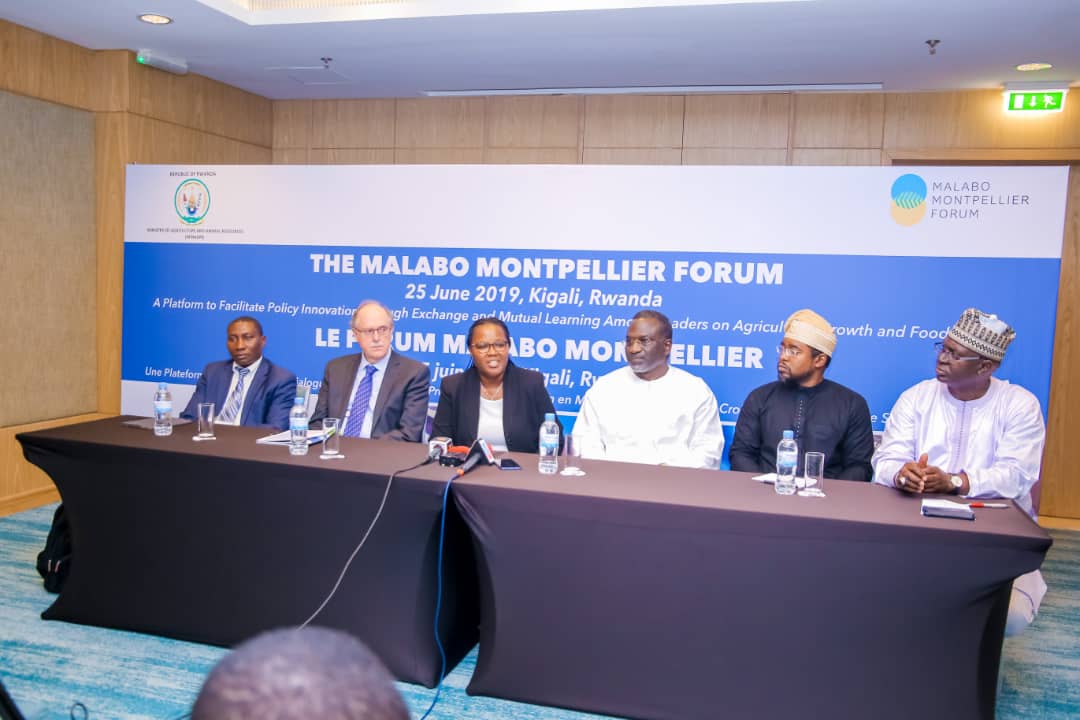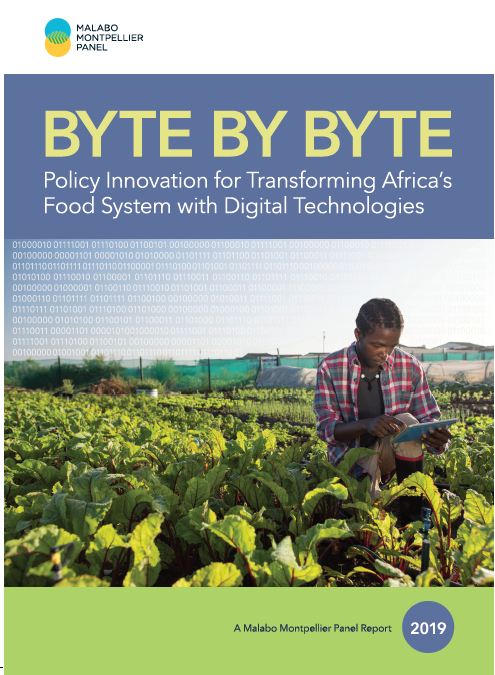 |
Prime Minister of Rwanda calls for more ICT
to transform African agriculture
|
If used in the right way, digitalization will be a major pillar of the future successful growth and transformation of Africa’s agriculture sector. The report focuses on institutional innovations and policy and programme interventions and
provides critical insights on how to achieve those targets.
 The launch the MaMo Panel’s Fourth report on Digitalization in African Agriculture, was attended by representatives at the ministerial level, senior executives of leading global development agencies and members of the Malabo Montpellier Panel.
The launch the MaMo Panel’s Fourth report on Digitalization in African Agriculture, was attended by representatives at the ministerial level, senior executives of leading global development agencies and members of the Malabo Montpellier Panel.During the Forum participants discuss the policy, institutional and programmatic factors which have led to remarkable progress in several African countries and shared lessons that can be learned across borders.
Recommendations
 The report — Byte by byte: policy innovation for transforming Africa’s food system with digital technologies (June 2019, 80 pages) — summarizes the key findings of a systematic analysis of what seven African countries at the forefront of progress on digitalization of the agriculture sector have done right: Côte d’Ivoire, Ghana, Kenya, Morocco, Nigeria, Senegal and Rwanda.
The report — Byte by byte: policy innovation for transforming Africa’s food system with digital technologies (June 2019, 80 pages) — summarizes the key findings of a systematic analysis of what seven African countries at the forefront of progress on digitalization of the agriculture sector have done right: Côte d’Ivoire, Ghana, Kenya, Morocco, Nigeria, Senegal and Rwanda.- It analyzes which institutional and policy innovations were implemented and which actions by the private sector and agtech start-ups were taken to increase the development and use of digital tools and services in the agriculture value chain.
- The objective of this report is to identify interventions that work and benefit farmers and other actors in the value chain and recommend options for policy and program innovation that allow countries to develop a digitalization ecosystem in which digital technologies and services can be developed and used to foster growth and competitiveness in Africa’s agriculture value chains.
- In digital policy and education, the report recommended placing digitalisation at the core of national agricultural growth and transformation strategies and policies; and creating a transparent and smart regulatory environment that promotes the development and confident use of digital technologies and services and limits the risks.
- In addition, it recommended expanding university curricula to spur digital innovation and the development of an African agtech (agriculture technology) sector; and strengthening skill development and digital literacy training for farmers and other actors in the food system as technologically more advanced innovations are being developed.
Case Study Morocco:
ICTs have been in use across numerous sectors of the
Moroccan economy and earlier than in many other
African countries. However, until recently there was no
dedicated digitalization strategy for the agriculture sector.

No comments:
Post a Comment